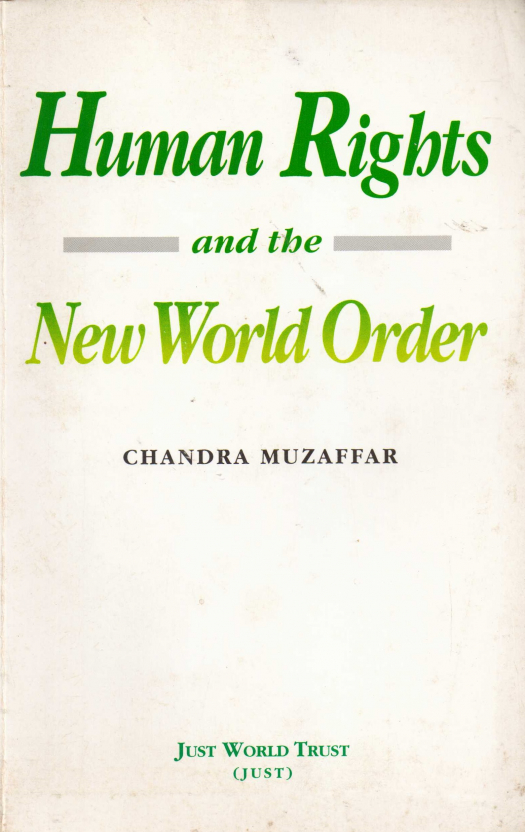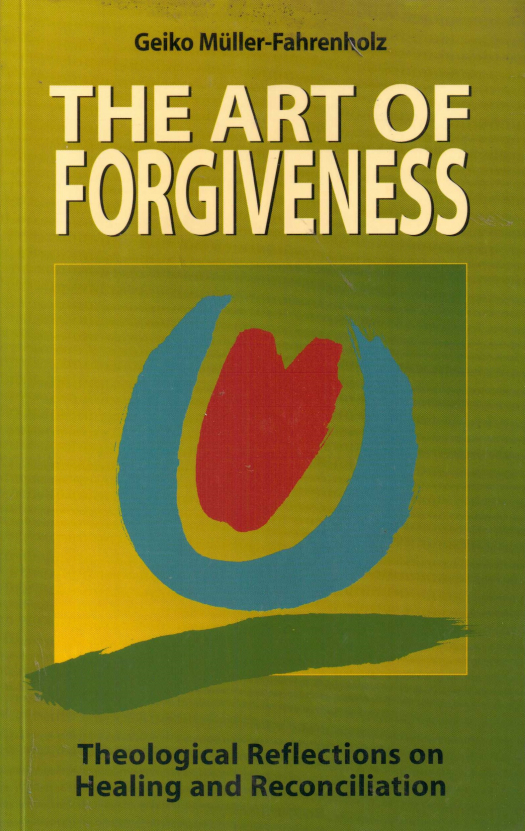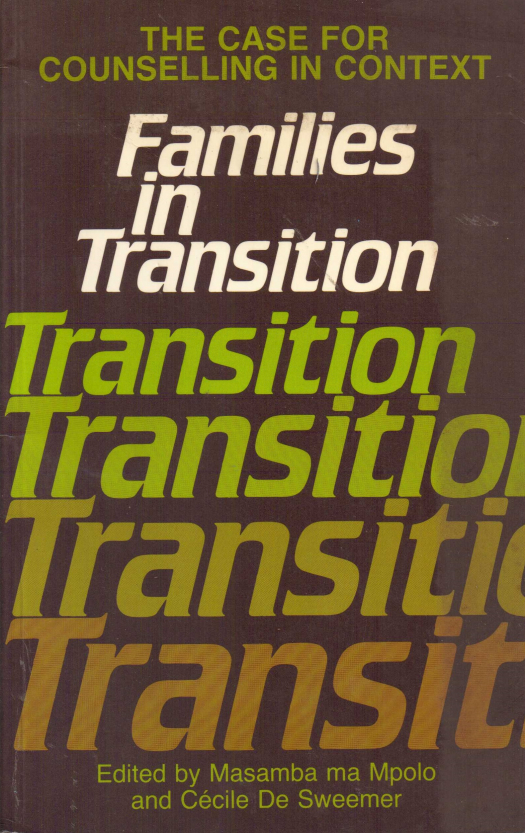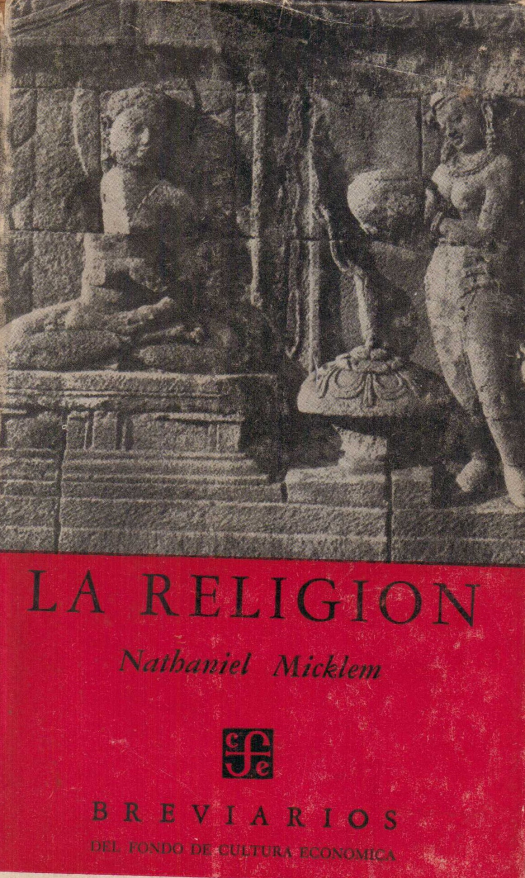Human Rights and the new world order / Chandra Muzaffar - Donación Ana Rita, Carlos, Rubén Pagura Alegría
This book demonstrates that the New World Order (NWO) will not protect the human rights of the vast majority of mankind because the power structure of the NWO is grossly iniquitous. Power is overwhelmingly in the grip of the North with the media, international economic institutions and arrengements and even the United Nations, especially the Security Council, playing a supporting role in perpetuating the injustice of the existing global system.
It shows that the NWO is a catch-phrase to perpetuate a pettern os western domination and control that has existed for the past two hundred years. In this context it examines a number of specific episodes in the post Cold-War period -the period of the NWO- to understand the character and content of domination and control. Iraq and Libya, Bosni-Herzegovina and Somalia, zionism and apartheid are studied to show the dominant North´s bias, double standards and selective response to human-rights violations.
Measuring freedom. Towards holistic human rights. Global domination and its impact upon human rights. Apartheid and zionism in the New World Order. New World Order: subjugating Iraq and Libya. New World Order: the tragedy of Algeria and Somalia. New World Order: carnage in Bosnia-Herzegovina. Regional security in the context of the New World Order. Human rights, the United Nations and the New World Order.
U15247
The art of forgiveness : theological reflexions on healing and reconciliation / Geiko Müller-Fahrenholz - Donación Ana Rita, Carlos, Rubén Pagura Alegría
Reconciliation is a word that springs lightly from the mouths of politicians and pundits, perhaps because it never seems to have much concrete content. Forgiveness is a concept that seems shrot of its roots by the gradual disappearence of the sense of sinning against God and of the need for penance, reducing forgiveness to a social convention (as in "pardon me!"). The thought that either of these theological ideas might have some political relevance seems thoroughly unconvincing in the light of the apparently unforgivable horros of our time. This book grows out of the conviction that, as the author says, "it is necessary to think about forgiveness not in spite of Auschwitz but because of Auschwitz." Drawing on the biblical tradition and church history, Geiko Muller-Fahrenholz shows how the idea of forgiveness has been distorted, abused and largely lost, and why it is of ultimate importance to reclaim this healing art, not only in personal relations but specially also in the relation between nations and peoples. He devotes one chapter to careful analysis of the work of the Truth and Reconciliation Commission set up after the end of apartheid in puth Africa and its relevance to many other situations of deeply rooted hostility and conflict in the world today.
U15246
Families in transition : the case for counselling in context / Jorge E. Maldonado - Donación Ana Rita, Carlos, Rubén Pagura Alegría
"Family education and conselling have undergone a secular process of professionalization in the development sonce the 1950s. But the churches have tried to reclaim them as an area for legitimate pastoral care in the West, and many seminaries in North America and Europe provide special trainig to future pastors in family education and conselling.
"In the late 50s and early 60s, teh developed countries tried to expot family education and conselling, in its secular professionalized form, to the third world. This has not taken root, nor proved very useful, not because the families experience no crisis, but because the professional family counsellors are ill-prepared to develop approaches relevant to the different cultures. Families in the third worls are being destabilized and tranfromed in the very process of modernization and evangelization."
U15245
La religión / Nathaniel Micklem - Donación Ana Rita, Carlos, Rubén Pagura Alegrí
"La religión -escribe Gilbert Murray- como la poesía y la mayoría de las cosas vivas, no puede definirse." De aquí que no haya una definición universalmente aceptada de la religión que pudiera servir como punto de partida seguro a este ensayo. Sin embargo, se puede aceptar en general que el hombre tiene cierto sentimiento de lo sagrado y que la religión cae dentro de la categoría de lo sagrado. En términos filosóficos, lo sagrado puede definirse como aquello a que se atribuye un valor infinito que implica una obligación incondicional.
U15244





